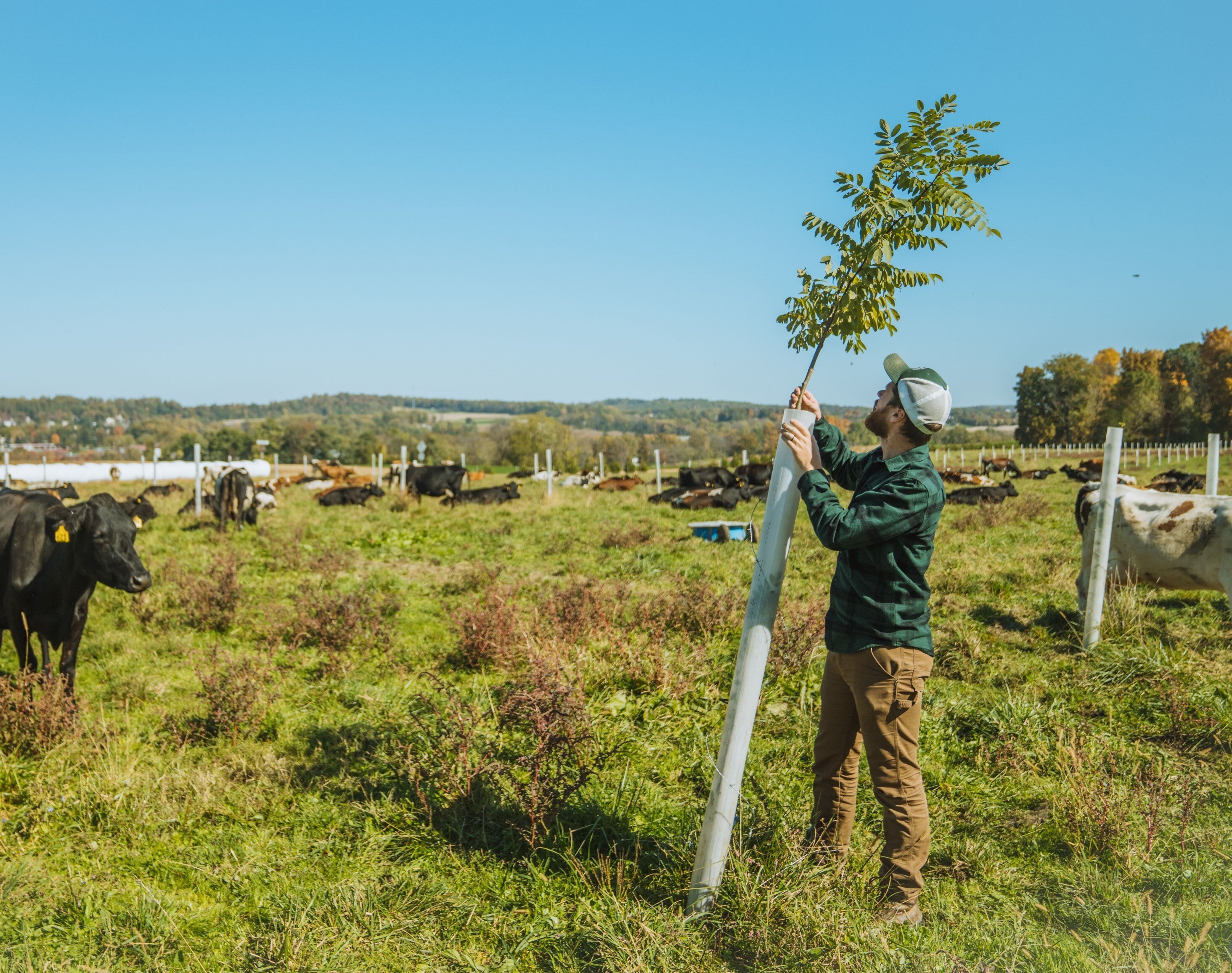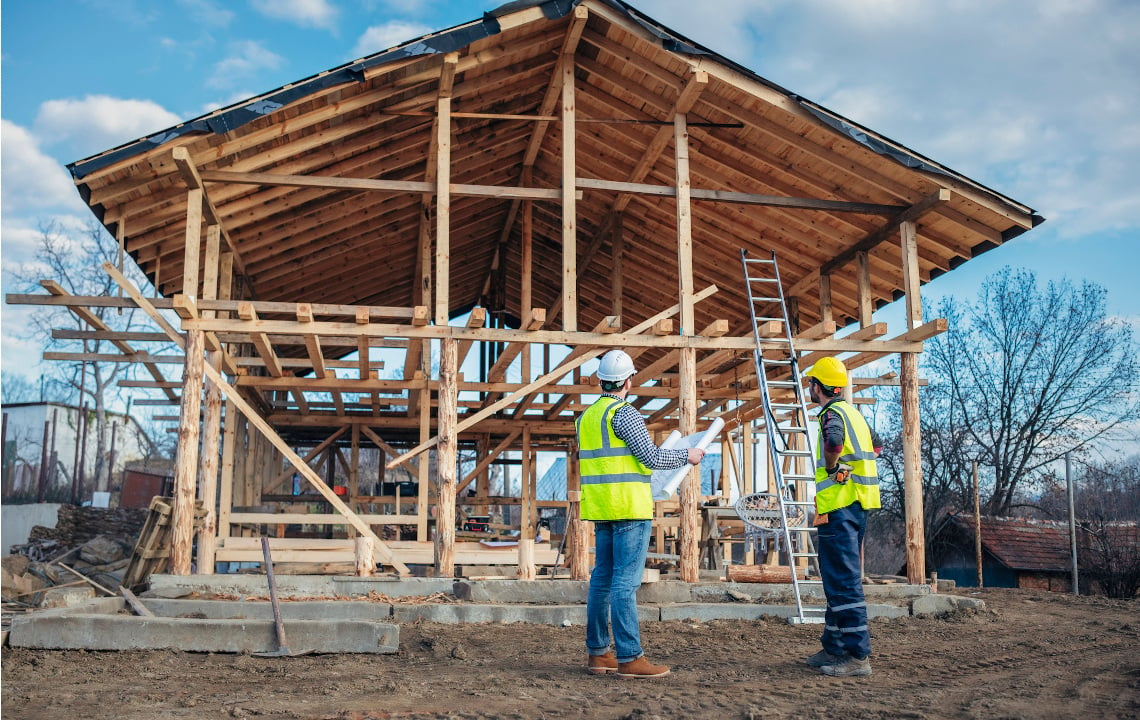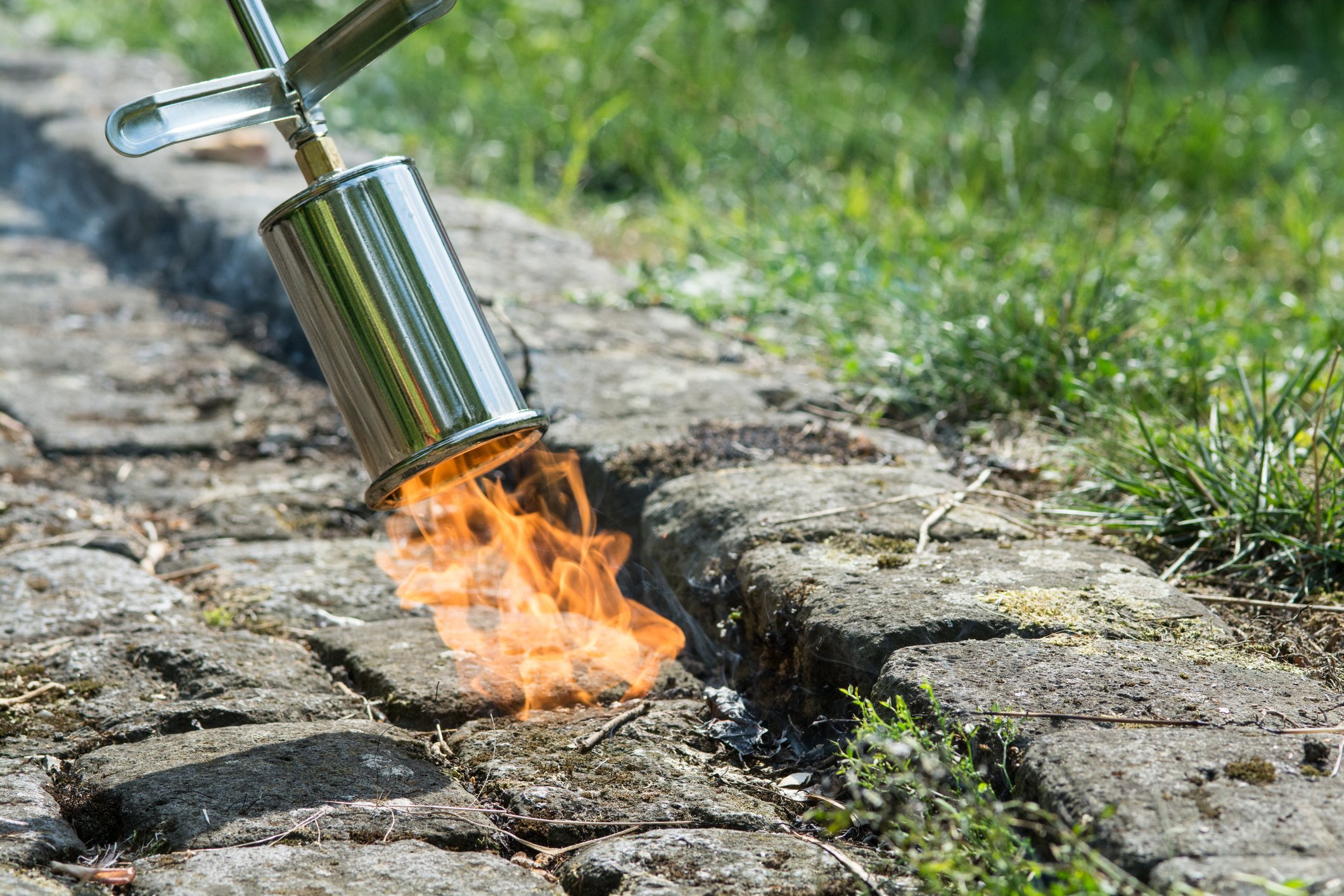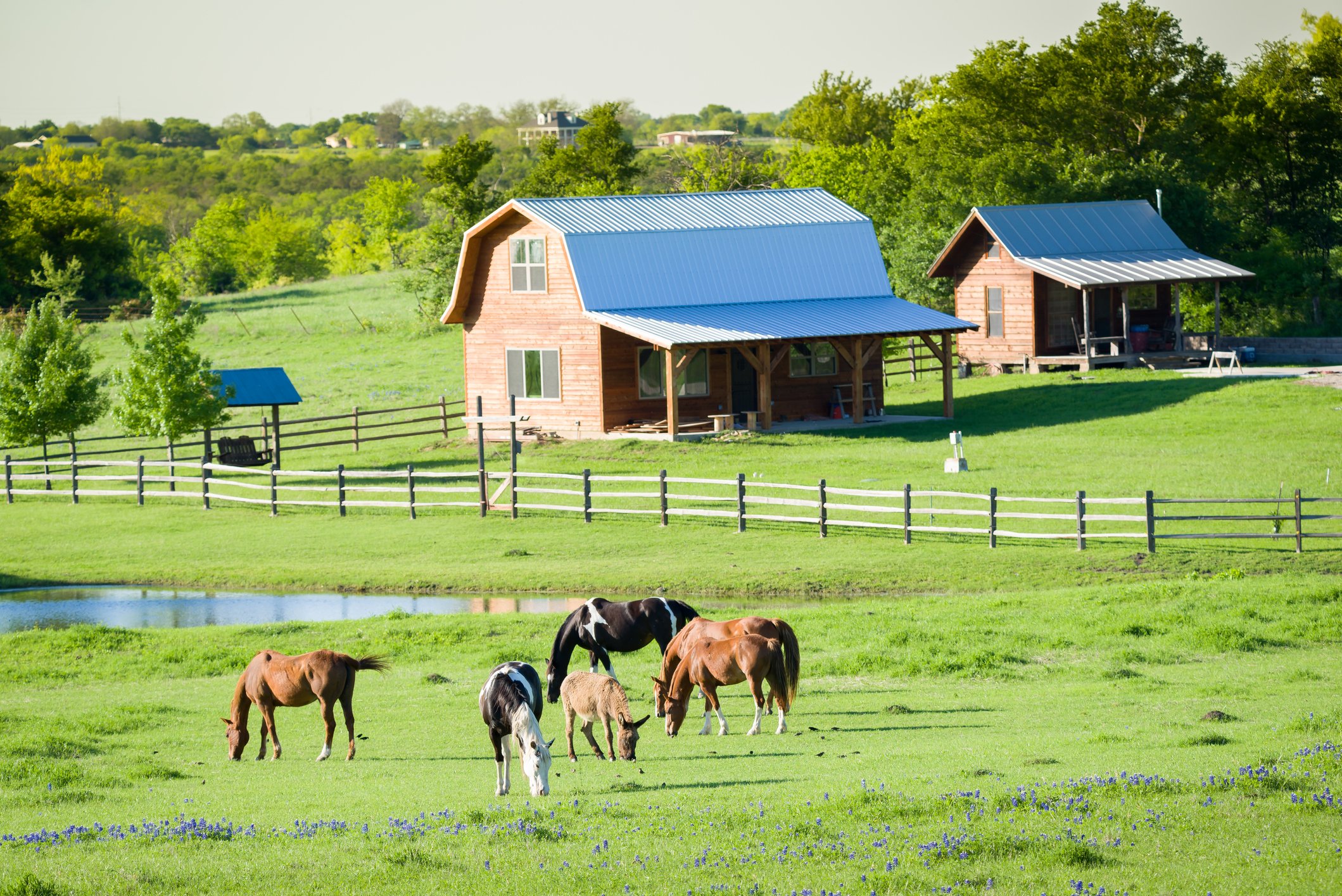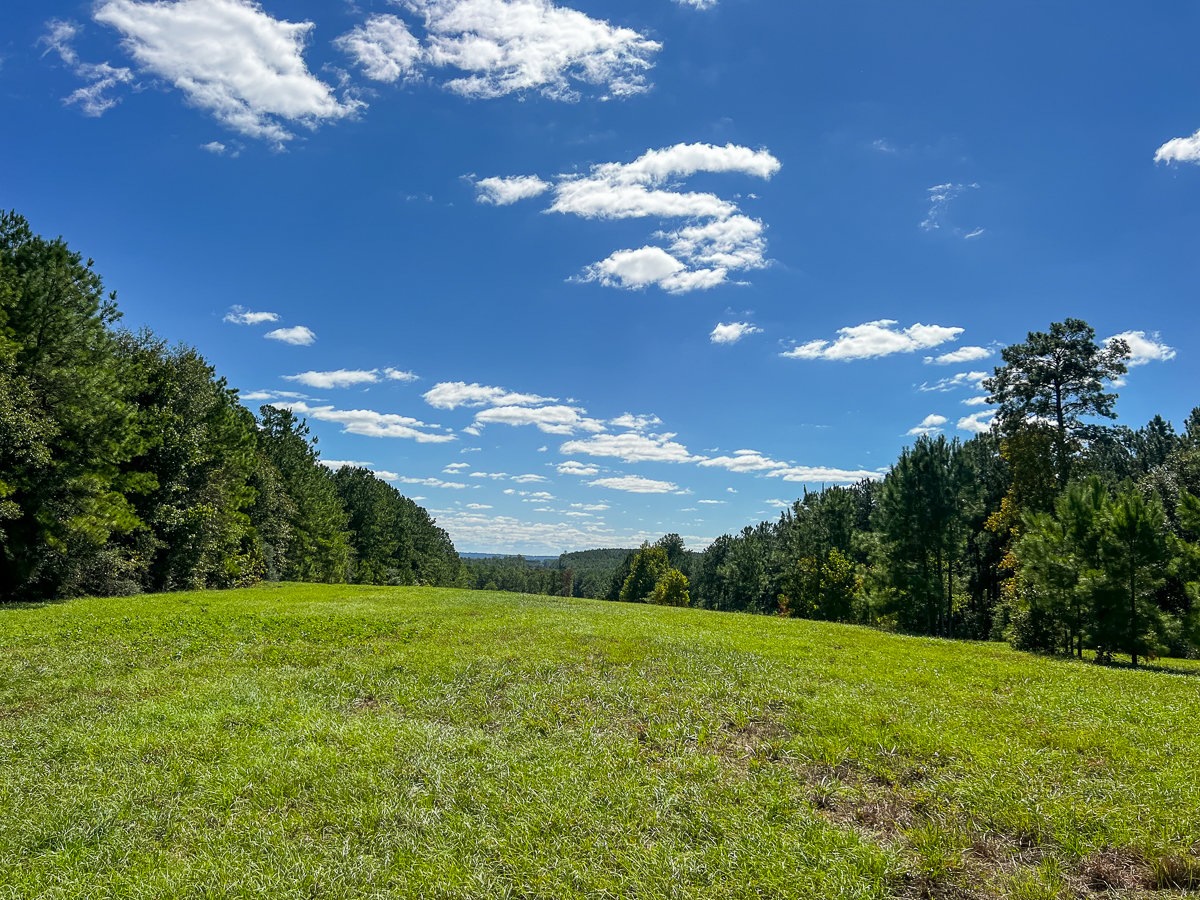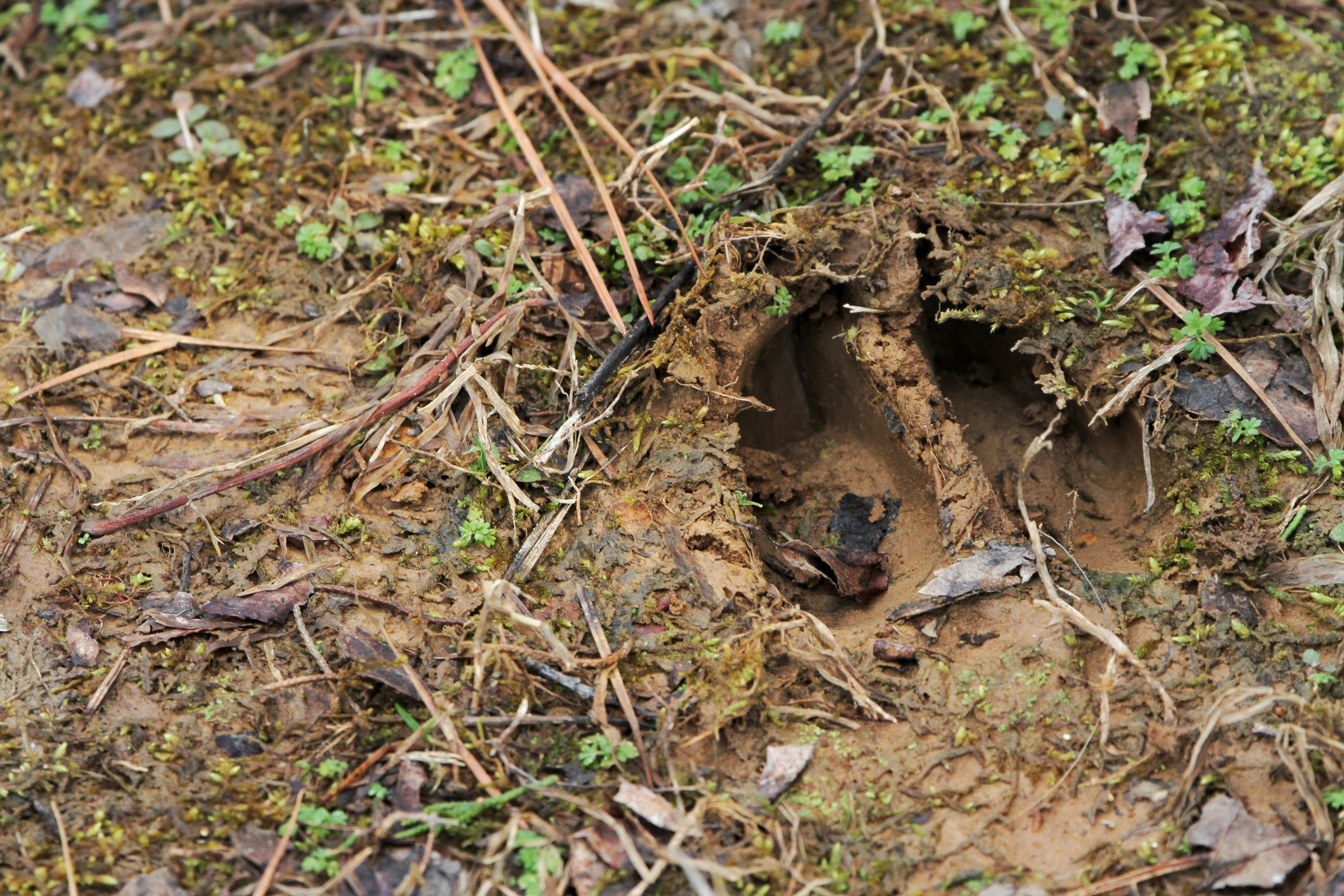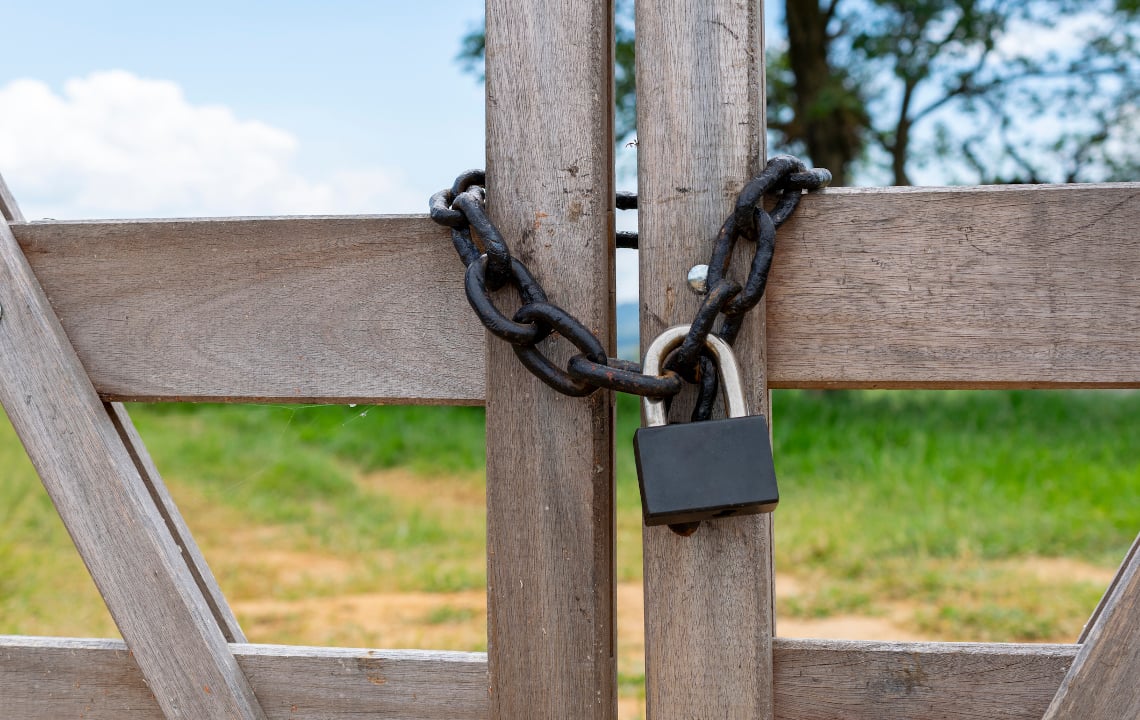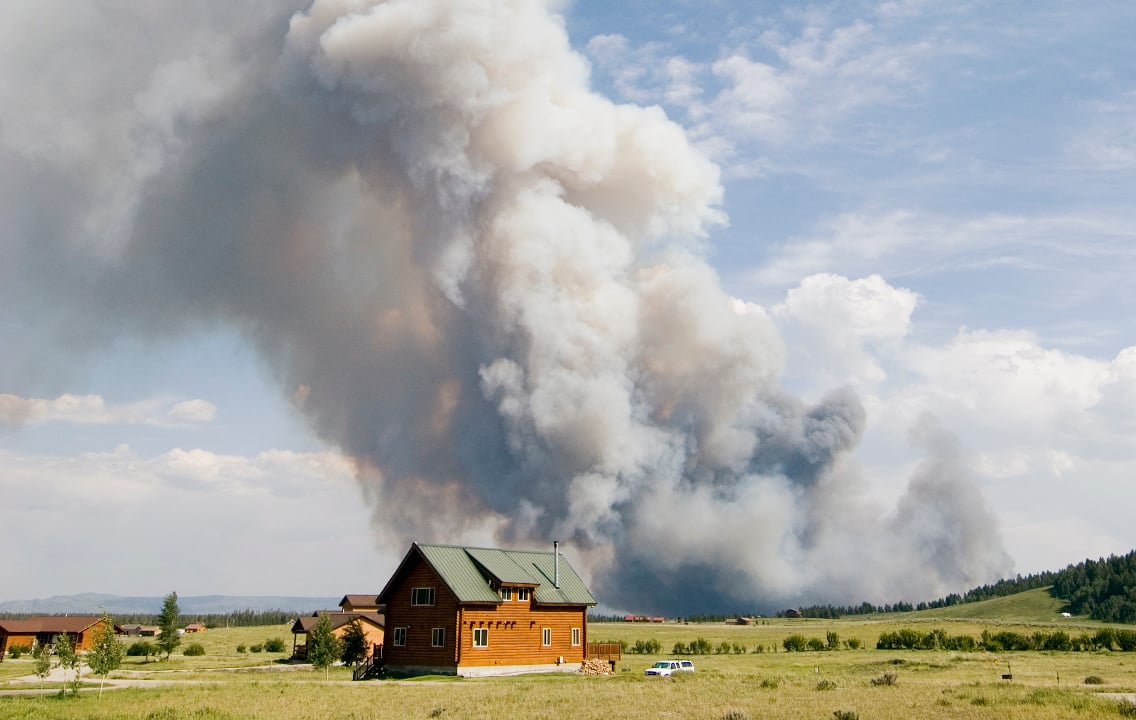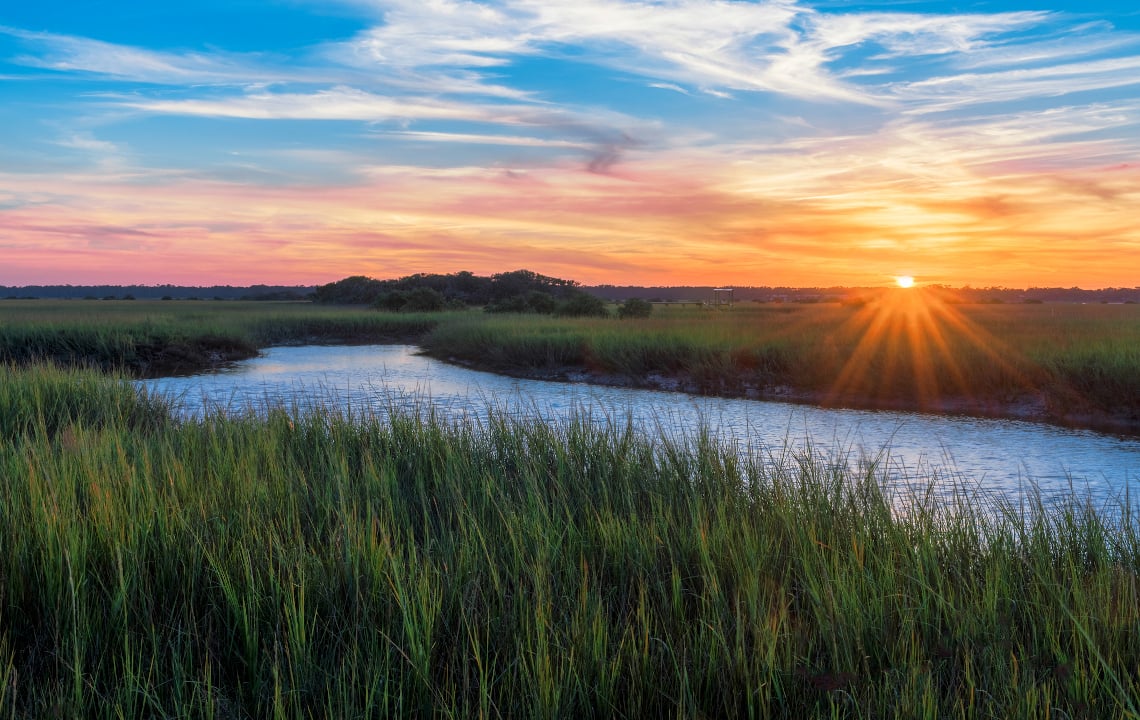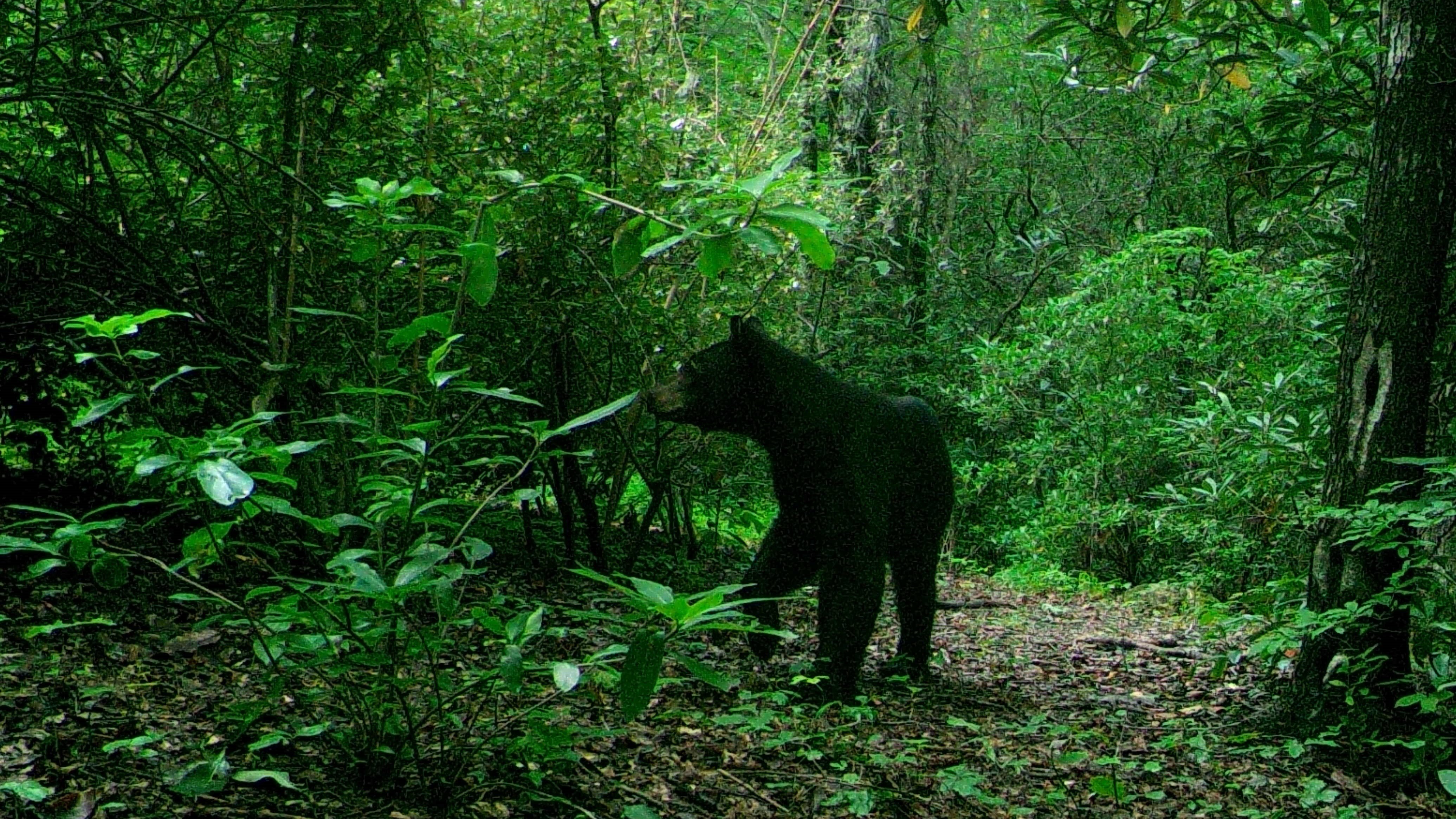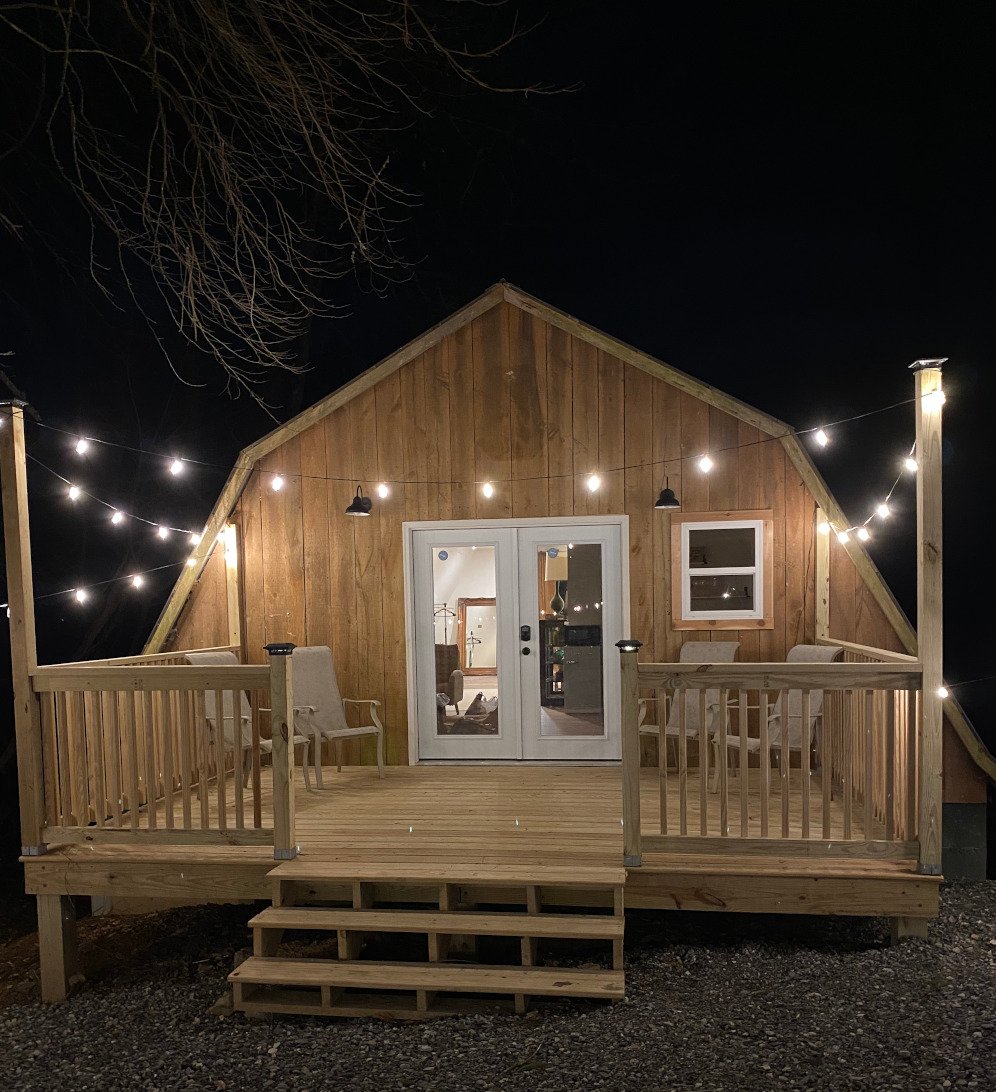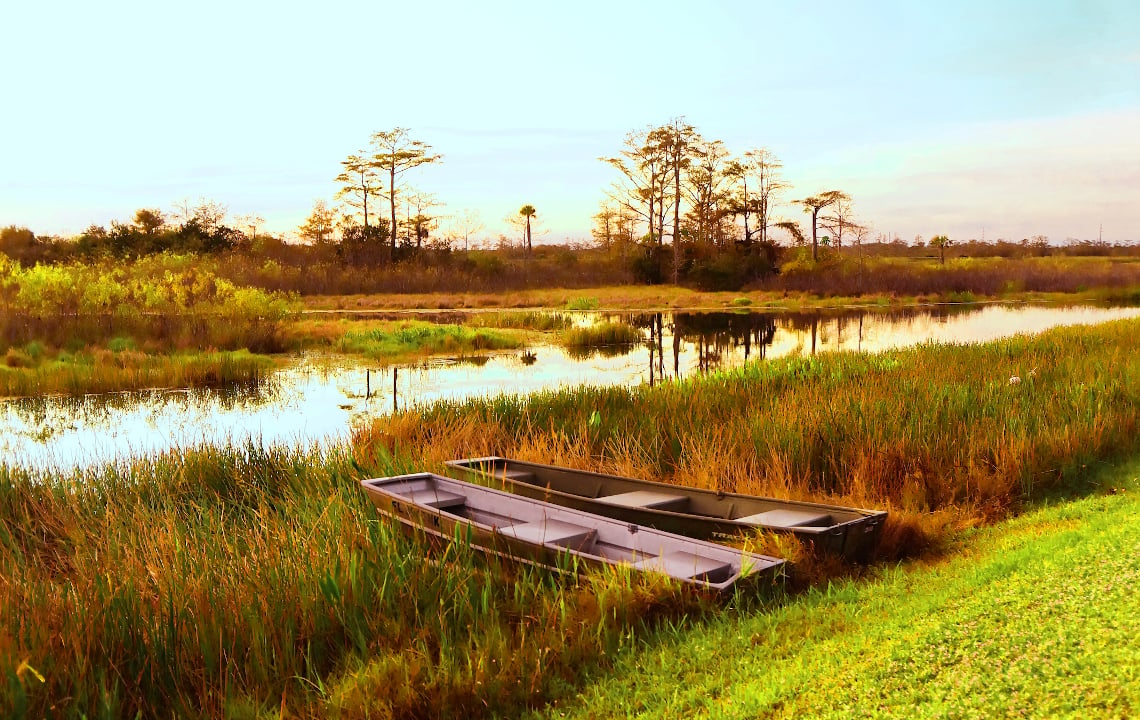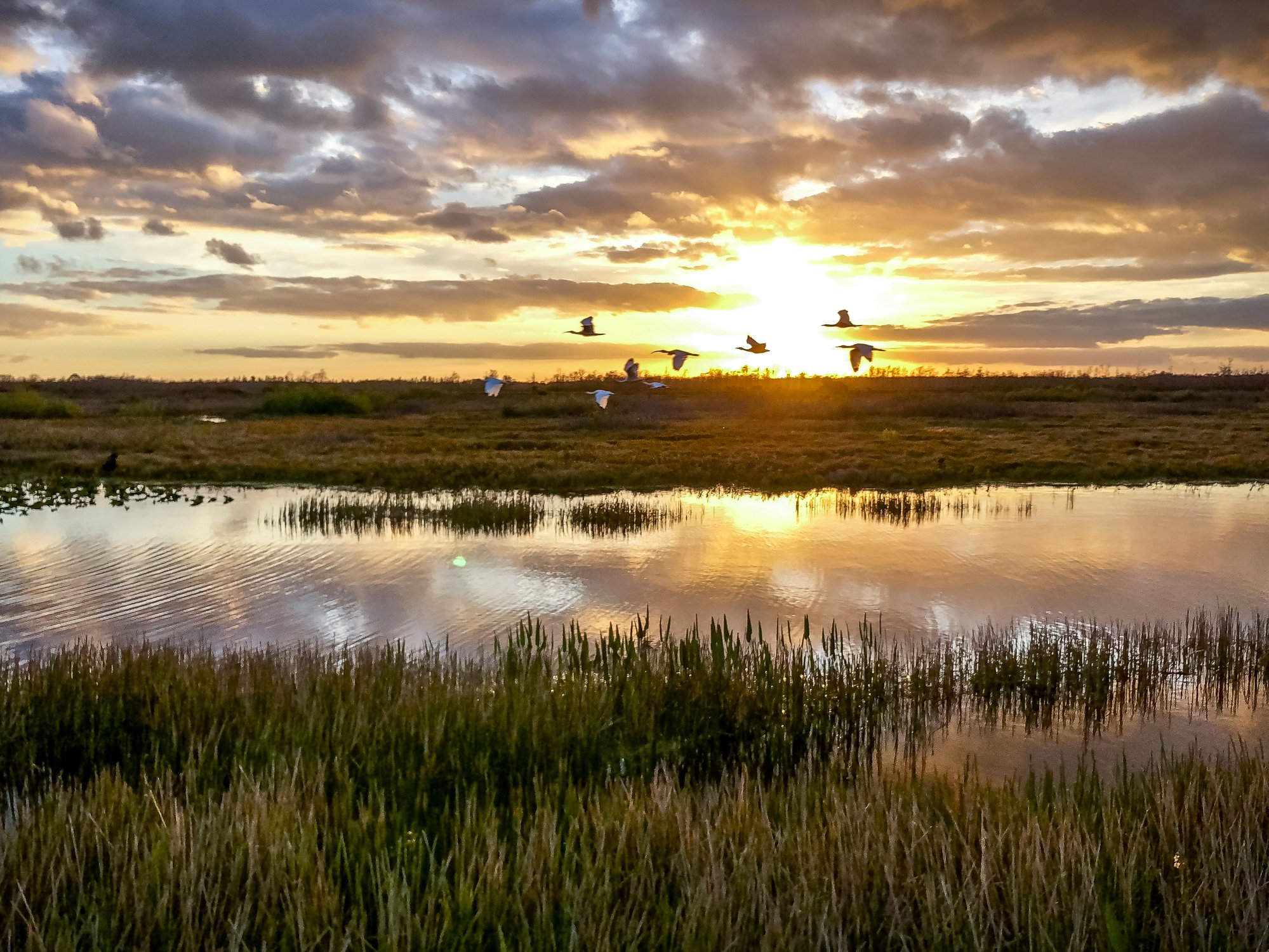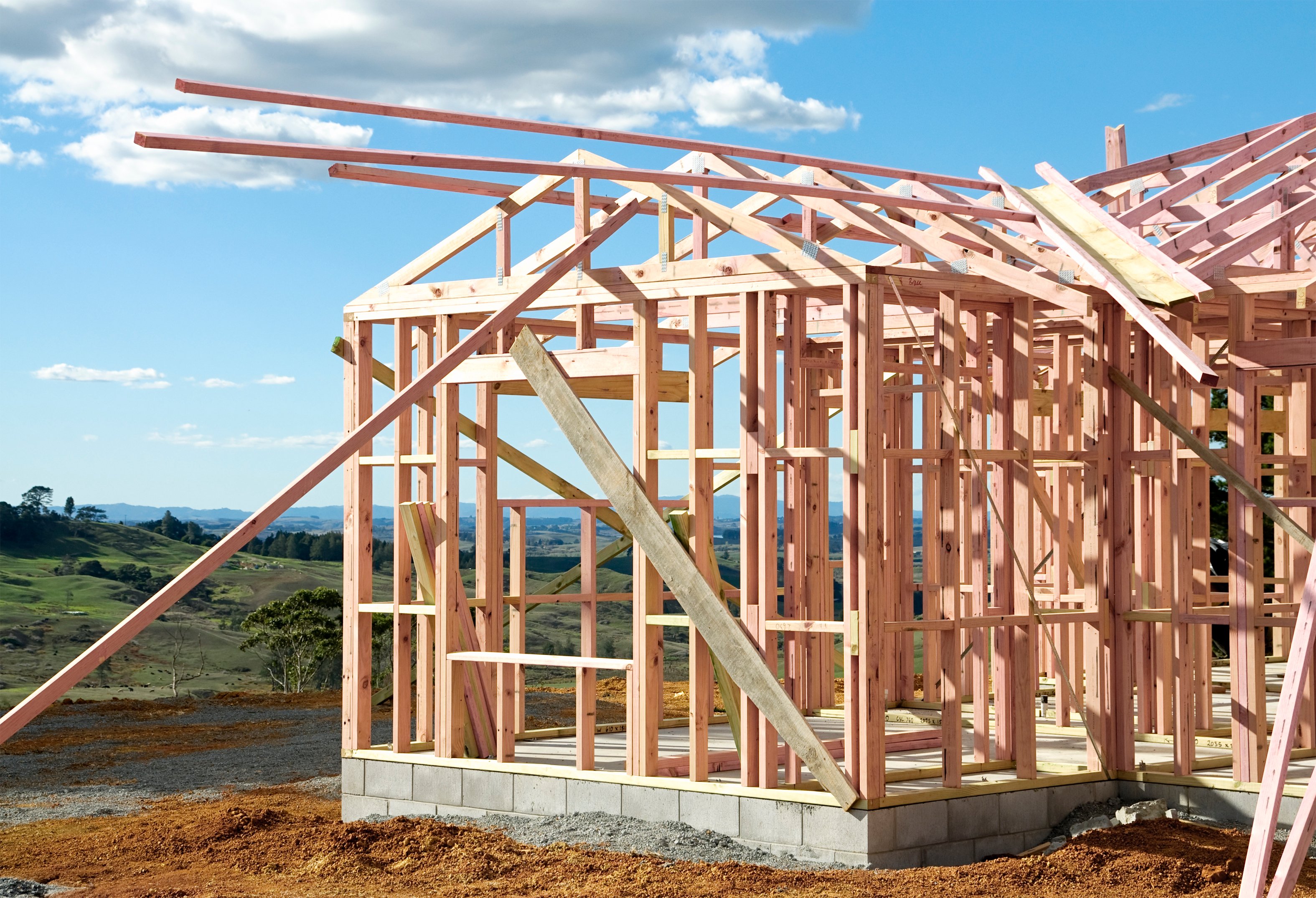Looking for deer hunting property? Wondering what makes one property superior to another? Hunting and survival expert, L. Woodrow Ross, shares his tips for selecting sure-fire properties for deer hunting.
A common misconception about selecting and purchasing deer hunting property is that "bigger is better." The truth is, to quote an old real estate saying, "location, location, location" is the best criteria for deer hunting land.
You may be tempted to choose a large piece of property, but if it does not have the correct attributes, it will wind up being a very large disappointment. Besides location, there are a number of things that contribute to making a property more attractive to deer. Let's take a look at some of these to help you get closer to choosing the right location for your dream hunting property.
7 Attributes of Desirable Hunting Land
1. Travel corridors
This is almost a no-brainer, if deer are present, they will create travel corridors.
Like humans and most other mammals, deer usually follow the path of least resistance. If a stream is present, there will usually be a trail alongside the waterway.
Deer will choose the easiest place to cross, and the water will follow the lowest and most level terrain.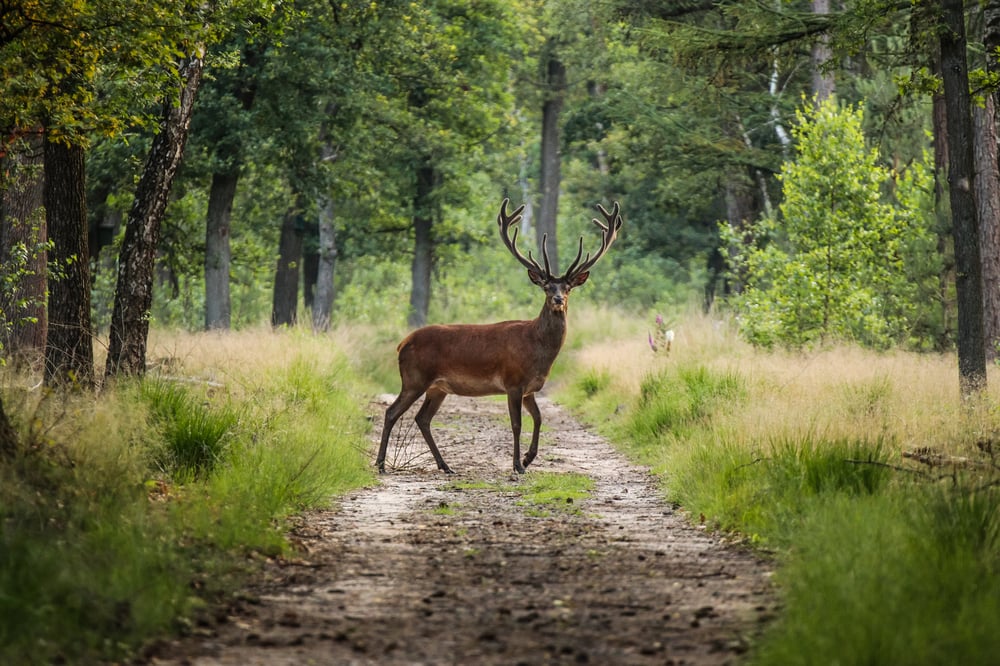
2. Water sources
All animals need and are attracted to water, thus, the presence of a creek, pond, stream or spring will help attract a variety of wildlife to your hunting land.
3. Funnels
These are natural areas or pinch-points where trails converge. They are high-traffic areas and are usually the result of three things:
- Water on two sides,
- Steep bluffs that limit travel choices,
- Or narrow fingers of timber that reach across open agricultural fields or pastures.
These natural funnels concentrate deer travel and are the best places to hunt.
4. Natural food sources
Of course food plots are a possibility but they involve a lot of work.
Natural foods, such as acorn-bearing oak trees, wild grapes, honeysuckle and green brier are foods deer love and often prefer to food plots during peak availability.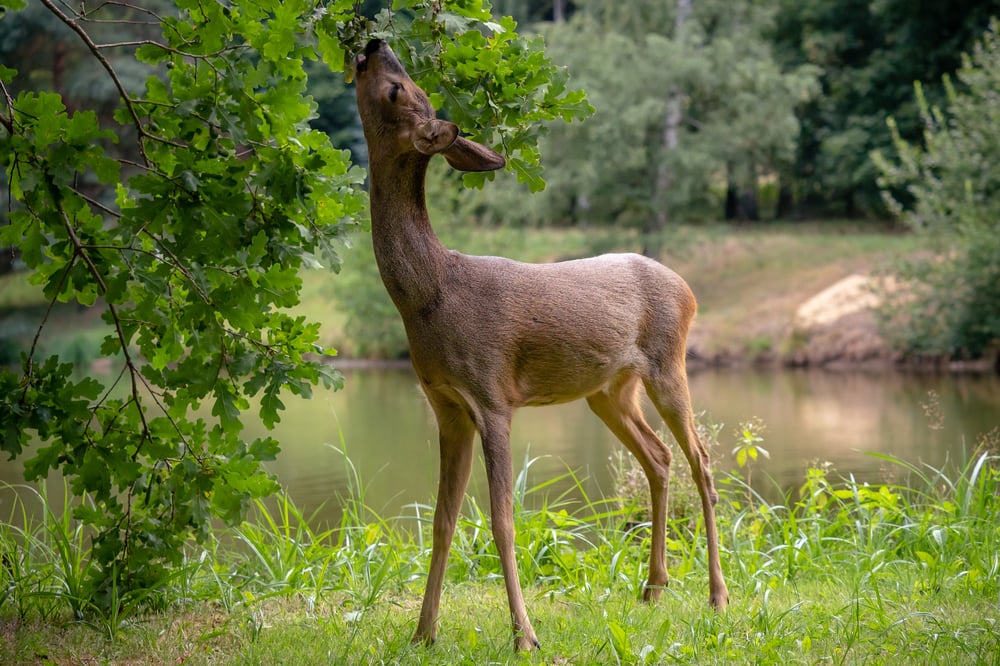
5. Bedding areas
Dense patches of brush and other vegetation often provide the kind of cover deer prefer for bedding.
These are "core" areas and should not be disturbed as they serve as sanctuaries for deer when they are pressured elsewhere during hunting season.
6. Diversity
Deer prefer "edges" where different types of vegetation and terrain come together.
A diverse property that has some of the same attributes as another, but has a more varied topography, plant life and areas where open spaces and dense vegetation come together will be a superior deer magnet.
7. Close to home
It is possible that smaller acreage might be found closer to home, which makes hunting much more convenient, allowing you to enjoy your property more often.
It can almost be guaranteed that a small property with all these attributes will be better for hunting than a larger property that is missing some or all of them.
Although many would choose the larger acreage, if the desirable components are missing, they would be disappointed.
Some hunters are successful on properties as small as 10-12 acres and occasionally even less.
An experienced land agent familiar with hunting land can help potential buyers in finding these desirable small properties. Also, tax maps showing ownership of surrounding properties might shed some important facts to consider.
And, if you’re buying in a more urban or populated area, you’ll want to make sure there are no hunting restrictions on the land that might limit its use.
5 More Factors that Make Small Properties Desirable for Hunting
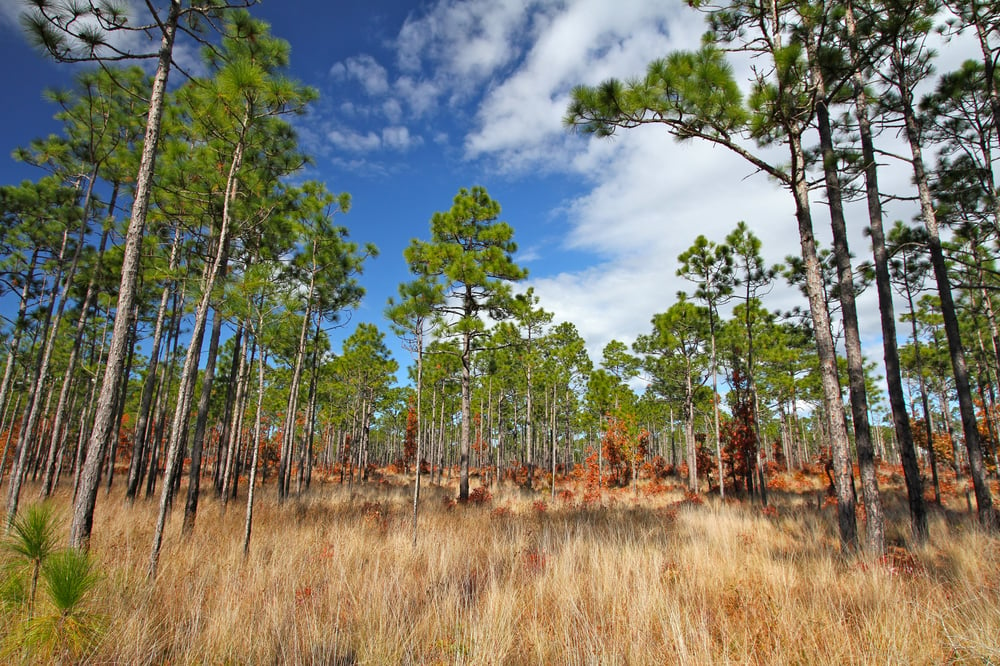
1. Effects of adjacent properties
If bordering properties have rich food sources but limited bedding areas, deer may bed on the smaller property or pass through on the travel corridors going to other adjacent properties with good bedding opportunities.
2. Restricted areas nearby
This could include national forests, parks or other property not accessible to hunters. Your land agent and/or Google Maps would help in determining if this is the case.
3. Generally, less up-front investment
Less acreage typically means less dollars invested to secure the property.
4. Minimal taxation
Having less property would result in lower investment in taxes.
5. Less upkeep
Small acreage is easier to manage. Let's face it, we don't always have time to trim brush, bush-hog open areas, plant large food plots and other requirements of owning larger hunting land.
One of the best reasons to consider purchasing hunting land is that the resale value is good as is the potential it will increase in value, making it a top-notch investment.
We are often told to “think big”, and there are plenty of excellent large-scale hunting properties out there. But, that doesn’t mean smaller acreage shouldn’t be considered.
Bottom line: properly selected small hunting properties can pay big dividends in game harvested for a lot less in cash outlay.


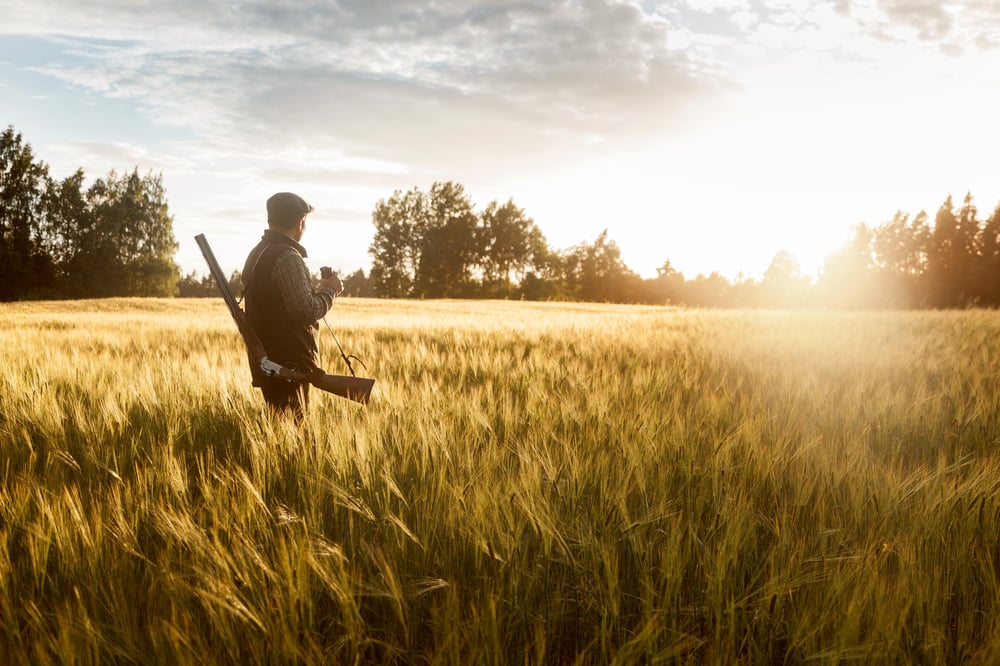

.jpg)
